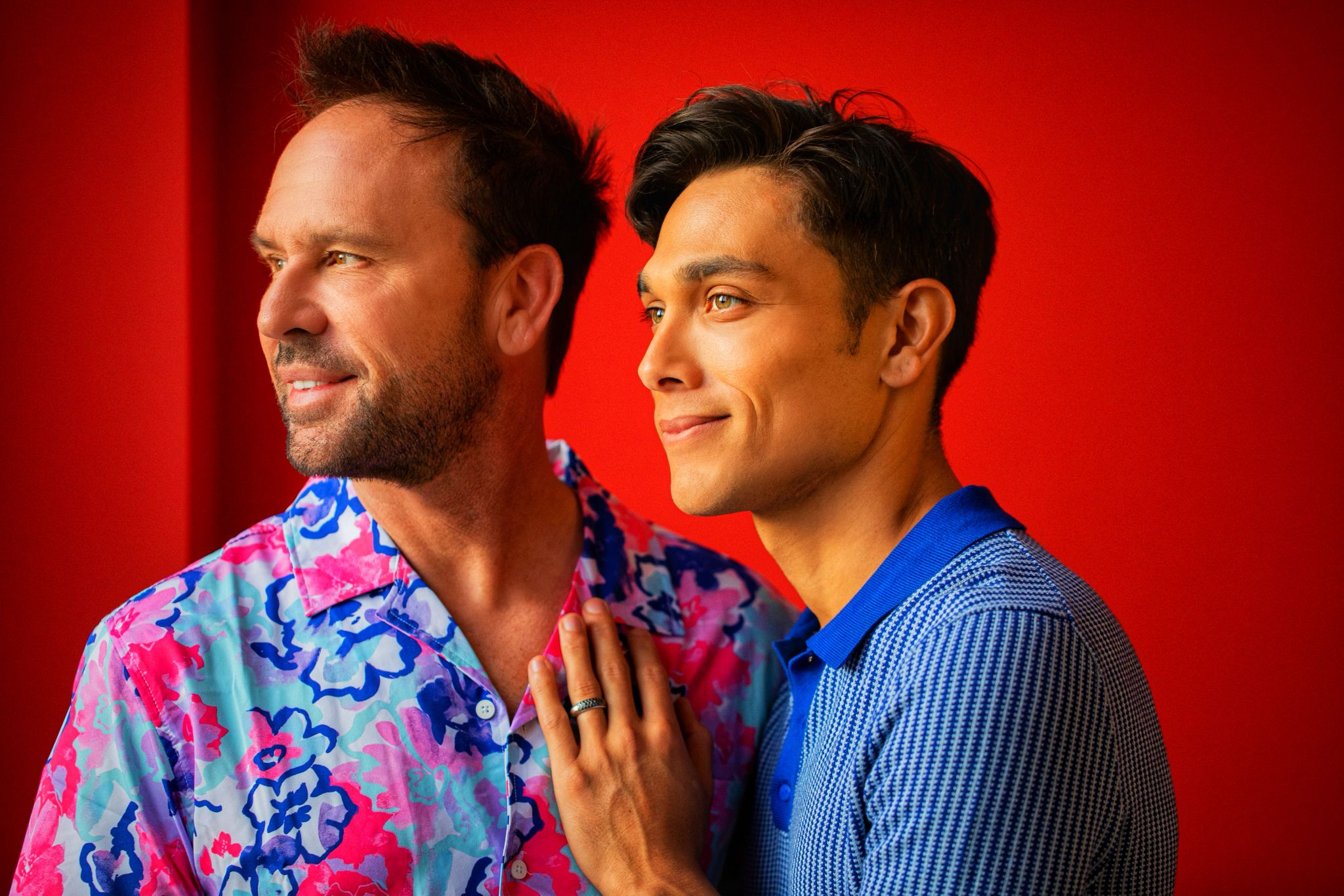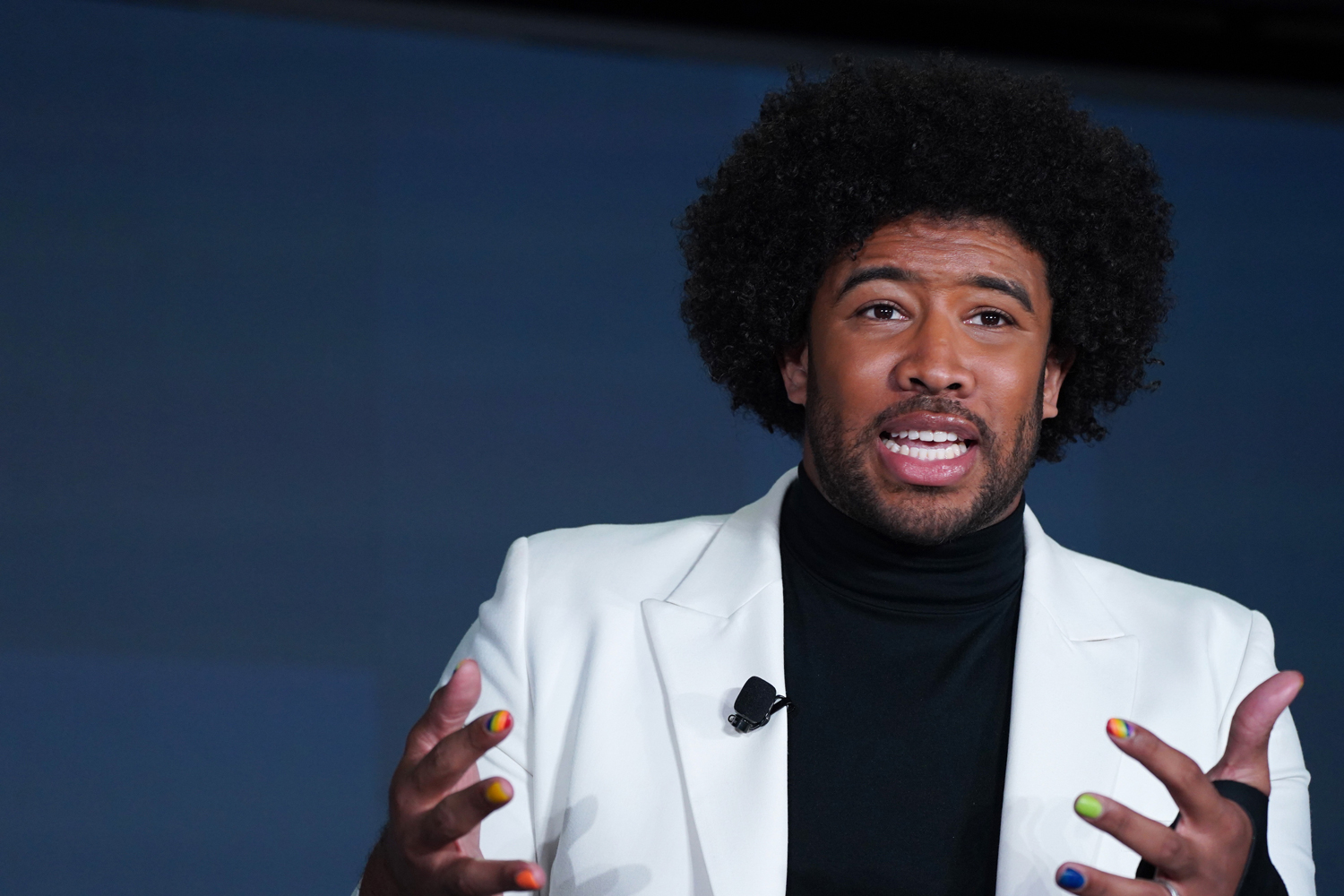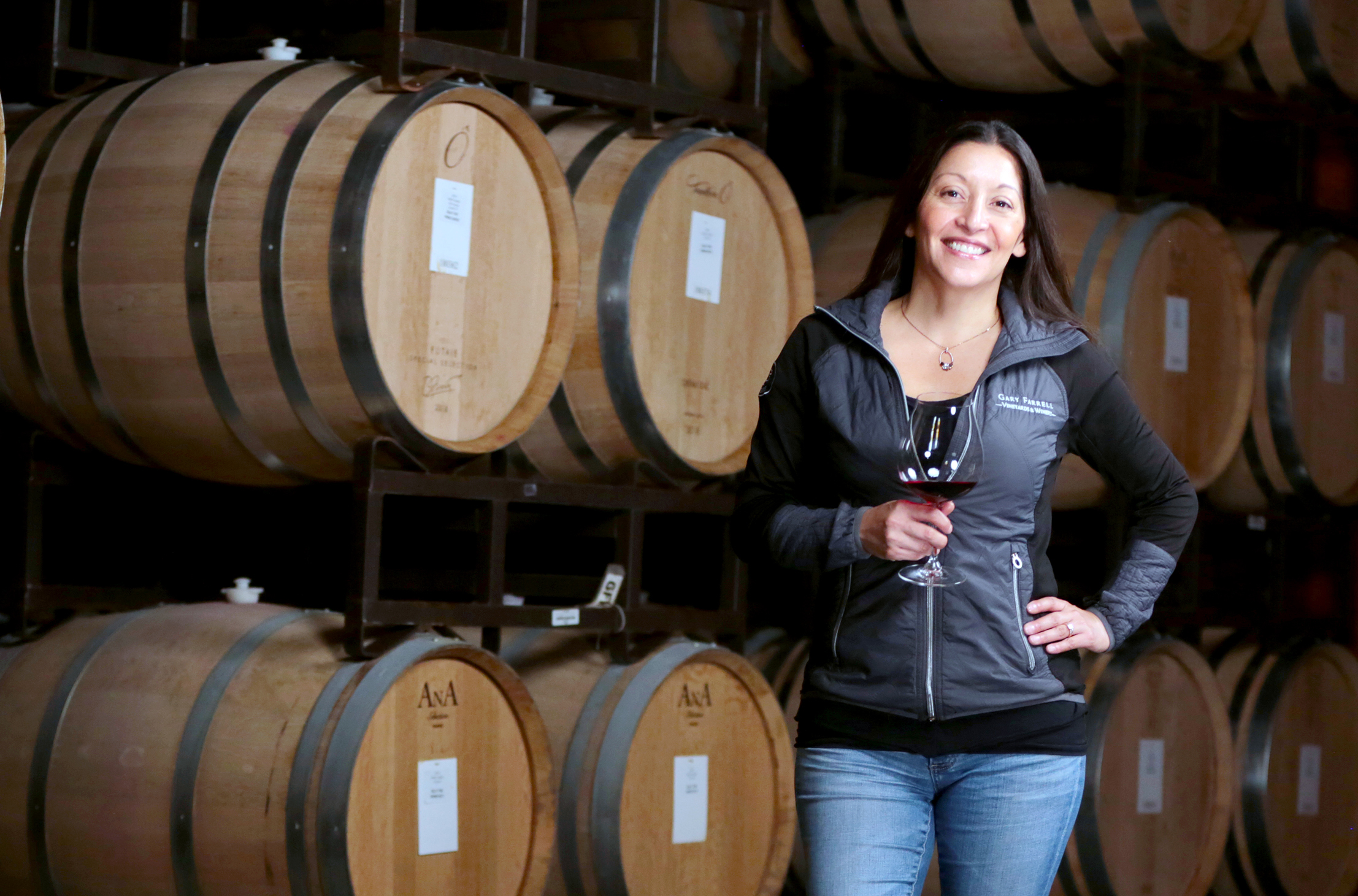If Switzerland makes you picture nothing but snowgear and ski slopes, then you have been missing out. We visited the Montreux Riviera region in summer and discovered why it has a reputation for first-class hospitality.
You’ve got to love a town with a 10-foot bronze statue of Freddie Mercury. That town is Montreux, home to the world-renowned Montreux Jazz Festival that has hosted a who’s who of legendary musical performers from Ella Fitzgerald and Nina Simone to Pink Floyd. To paraphrase festival alum Paloma Faith: Paying a visit to Montreux is something of a religious pilgrimage for lovers of music.
But it’s far from the only reason to see Switzerland. The nation has cultivated a reputation for hospitality for centuries; it’s no coincidence that this is where the world’s first hotel school was founded. That hospitality is explicitly extended to the gay community, with same-sex activity having been legal in four of Switzerland’s cantons (roughly equivalent to American states) since 1798.
Approximately the size of Maryland but with a population smaller than that of New York City, Switzerland is one of the richest countries in the world. No wonder some of history’s most famous names have called it home at one time or another, including Audrey Hepburn, Tina Turner and many more.
The Mountains of Montreux
Celebrated for its savoir vivre and surrounded by vineyards, spas and grand hotels, the Montreux Riviera and its palm-lined promenade have been immortalized in song by modern songsmiths such as Freddie Mercury and Prince, but also in classical music by Igor Stravinsky, who wrote his famous The Rite of Spring here.
For a taste of Montreux’s fabled hospitality, check in to the four-star Grand Hotel Suisse Majestic. Built in 1870, the magnificent hotel was completely renovated in 2010, retaining its belle époque architectural confectionery while also creating sleek, modern rooms that marry the classic and the contemporary.
Directly behind Montreux rises the Belvedere, a peak of the Rochers de Naye, a mountain that overlooks Lac Léman — known to Americans as Lake Geneva (pictured above). You can visit its summit of more than 6,500 feet by a charming cog railway. The hour-long journey up the mountain offers splendid vistas of mountain meadows sprinkled with edelweiss and quaint alpine hotels. Once at the mountain’s peak, follow a dimly-lit rock tunnel to find Restaurant Plein Roc and a panoramic view of the Alps and the Jura mountain ranges. Other high-altitude points of interest include a botanical garden with hundreds of unique alpine plants and an animal preserve called Marmot’s Paradise. The adventurous can even try their hand at spending the night in a yurt.
Don’t miss a chance to taste Switzerland’s famous chocolate in a unique shape. Local chocolatier Blaise Poyet has created bittersweet dark chocolate and praline shoes (filled with caramel and pine nut) as a culinary homage to one of the region’s most famous residents, Charlie Chaplin, who hilariously choked down footwear in his classic The Gold Rush.
Lively Lausanne
A multi-level city rising on the northern banks of Lac Léman, Lausanne’s medieval origins are evident in the staircases scattered throughout its beautiful Old Town. The city’s balmy climate and a Mediterranean sensibility have been a draw for centuries. Thanks to its seaside locale at the base of Lausanne’s hills, the fishing village of Ouchy boasts grand hotels such as the Beau-Rivage Palace, where Coco Chanel lived for a time.
A university town, Lausanne is hopping with the energy of 20,000 students. It’s also known for its public baths and fountains, which are supplied with pure, potable mountain water. During the annual Festival de la Cité each summer, the city comes alive with an aesthetically diverse program of entertainment — featuring comedy, music and more.
Lausanne is also the Olympic capital. As such, it’s where you’ll find both the headquarters of the International Olympic Committee and the Olympic Museum. Dedicated to the men and women who embody the Olympic ideal, the interactive museum holds a three-level permanent exhibition that explores the history of the beloved games. Choice accommodations nearby include the four-star Mövenpick Hotel Lausanne, which offers an astounding breakfast buffet with more than 100 choices served each morning at one of the hotel’s three restaurants.
If you’re looking for nightlife, head to the Flon district, where industrial warehouses have been transformed into an avant-garde neighborhood of architectural marvels, including the much-buzzed-about MAD. It is one of the world’s top 100 nightclubs, and is known for hosting all-night parties, including all-gay events.
Take an early-morning boat cruise from Lausanne to Cully to land in the heart of the Lavaux wine region, famous for the Chasselas grape, where a bucolic vista (pictured above) of 10,000 vine terraces rising from the shores of Lake Geneva will take your breath away.
Gorgeous Geneva
Geneva is an irrepressibly romantic city nestled between the Alps and the Jura on the shores of Europe’s largest inland lake. Perhaps the best way to experience the lake is aboard a dinner cruise on the restored steamboat Savoie, which dates back to 1914. It offers views of Mont Blanc and the Jet d’Eau that are as superlative as the four-course gourmet dinner. The region is idyllic — dotted with medieval ruins and snow-capped mountains rising in the distance like Swiss meringue.
As the European headquarters of the United Nations and the birthplace of the Red Cross, Geneva is often considered the capital of peace and freedom. Be sure to see Daniel Berset’s monumental wooden statue Broken Chair (1977), which rises in front of the Palais des Nations (home of the U.N. Human Rights Council). In addition to its sheer size, the sculpture is significant for being a poignant call for a worldwide ban on landmines. On a similar note, a visit to the International Red Cross and Red Crescent Museum offers insight into the organization’s important mission to defend human dignity.
Geneva is one of Europe’s greenest cities, which you can experience in spaces such as Perle du Lac Park, where cinema is shown al fresco in the summer, or head to the English Garden, alongside which the Flower Clock (made of 6,500 blossoms) stands as a testament to Geneva’s role as the birthplace of superior watchmaking. For more of the great outdoors, head to the beach club Bains des Pâquis, which offers dawn concerts that welcome the sunrise with live performances of world music.
With 13 five-star establishments, Geneva’s hotels are a testament to the highest standards of Swiss hospitality. Built in 1865, the five-star Hôtel Beau-Rivage has remained in the hands of one family for more than five generations, while hosting Hollywood and European royalty from Marlene Dietrich to Empress Elisabeth of Austria (better known to royalty-philes as Sissi). The hotel notably features six historic suites honoring guests for whom the Beau-Rivage was an extended personal residence, including composer Richard Wagner and India’s maharajas.
If you prefer your accommodations dressed in art deco glamour, you’ll find it at the five-star Le Richemond, which overlooks the beautiful Brunswick Gardens. The hotel’s register of illustrious guests includes Louis Armstrong, Sophia Loren, Rita Hayworth, Marc Chagall, and a wealth of others drawn to the hotel’s painstakingly perfect decor — evident in everything from custom lacquer cabinetry to profusions of plush fabrics in jewel tones. The staff is as solicitous as it is professional, and the hotel’s fantastic Le Spa by Sisley is the French company’s first in Switzerland.
A gourmet capital with 55 Michelin and Gault et Millau restaurants, Geneva is a gastronome’s paradise. The chefs at Le Jardin (a particular favorite) trained with the world famous master chef Alain Ducasse; they honor the grand traditions of French cuisine with an infusion of Mediterranean influences. Also not to be missed is dining al fresco at Les Terrasses with a bird’s-eye view of the Jet d’Eau.
Geneva’s infectious joie de vivre is particularly evident during the annual Geneva Festival, which celebrates the anniversary of the city’s entrance into the Swiss Confederation with 10 days of food, fireworks, parades, and more than 100 concerts each summer. But with such an abundance of natural beauty and cultural treasures, Geneva offers guests the opportunity to take part in the good life in any season.
By Mark A. Thompson
Last modified: January 30, 2018










